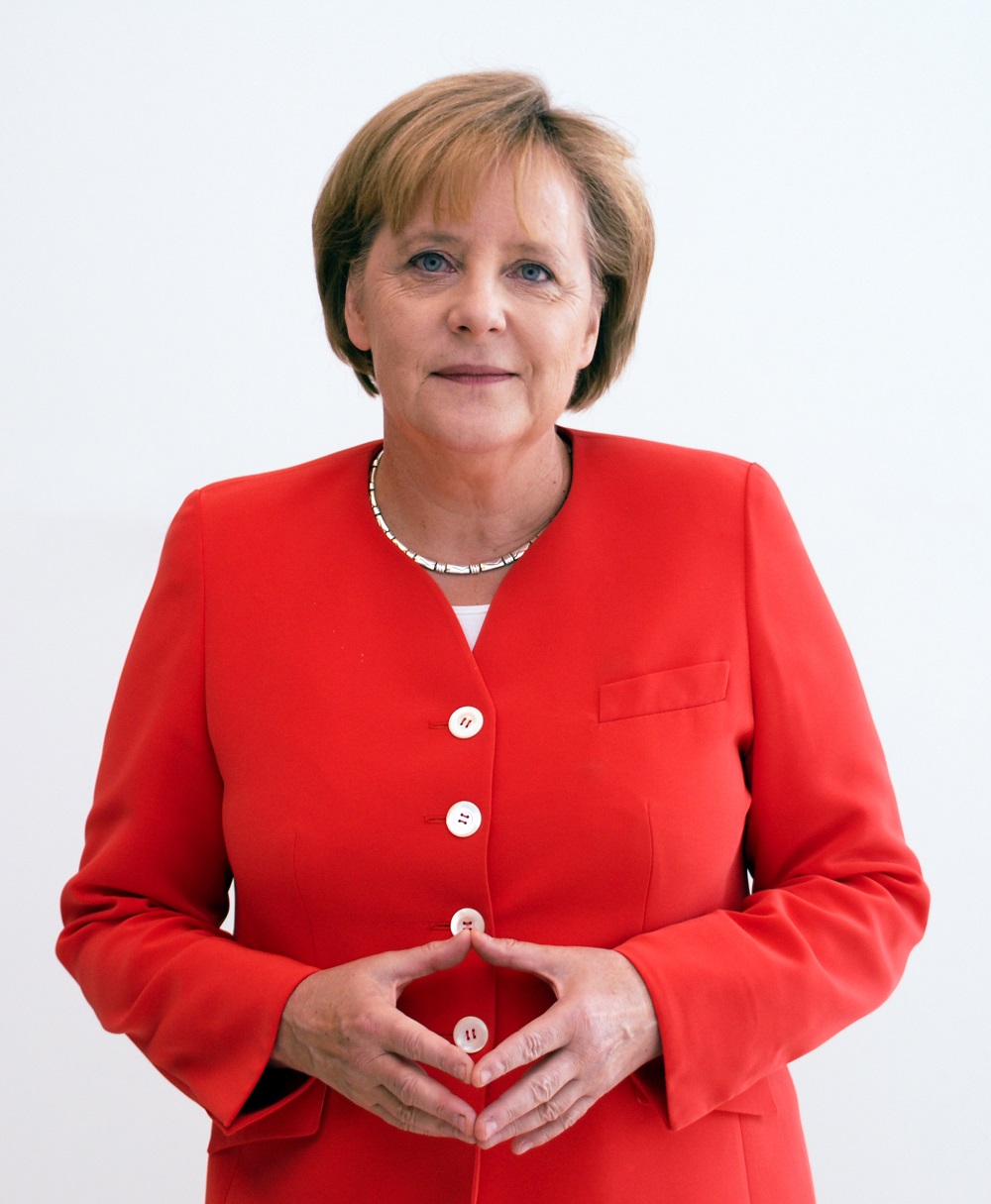Spells of trouble await for Germany. First, elimination from the FIFA World Cup, and then, the ultimatum issued to Chancellor Angela Merkel by a coalition partner to act decisively and put an end to any more accommodation of asylum seekers from West Asia and North Africa. Coalition partner from Bavaria is demanding that Germany regain control of its own national borders.
What the regional party from Bavaria — a long-term ally of the ruling Christian Democrats — is demanding of its national Government is not unique. Ever since Germany stunned the world by accommodating nearly a million refugees — mainly Muslims — from war-affected zones, the European Union has been rocked by political convulsions. Two of its foundational principles — the free movement of people within the EU and the protection of human rights—have come under sharp attack from national governments of member-states.
It was Hungary’s pugnacious Viktor Orban who raised the banner of revolt by refusing to accommodate any of the refugees/ asylum seekers within its national borders because he felt their cultural assumptions were alien to the core assumptions of the EU — ‘Christian’ or ‘western’ values. Hungary was followed by Poland and Slovakia. Now Italy —by no means a late entrant or one of those states that had been under Soviet tutelage — has joined in the resistance to immigration from non-EU countries. The United Kingdom, still awkwardly perched between being in and out of the EU, has, in any case, never really acquiesced in taking on a flood of asylum seekers.
Germany, not least because of its extremely troubled history in the 20th century, had always resisted the trend to accommodate exclusively national sentiments. The post-1945 consensus deemed that Germany would find a new role for itself by embracing an European ideal and devolving many aspects of national sovereignty to a multilateral, pan-European body. Consequently, despite grave domestic compulsions, Chancellor Merkel has not succumbed to the pressures from within Germany to take unilateral action that pitted national sovereignty against multilateralism. Even when her own Government was on the verge of collapse, she took the matter of asylum seekers to Brussels to ensure that whatever measures Germany took had the backing of the EU and didn’t violate the larger principle of free movement of EU citizens.
Merkel will, however, be accused of doing too little and too late. That charge is valid. The Chancellor’s real folly was to unilaterally announce that she would take in a million asylum seekers at one go in 2015. She was lavishly praised for her enlightened sense of accommodation by the world’s liberal fraternity but there was a huge price she has paid for her decision.
First, Merkel clearly miscalculated the extent of simmering resentment of ordinary Germans to the influx. Despite the sympathy for people whose lives had been destroyed by the conflicts triggered by fanatical politico-religious movements in Asia and Africa, many Germans wondered why it had become obligatory for them to take a disproportionate burden of a problem that, in any case, had not been created by Germany.
After the details of Hitler’s holocaust were fully grasped, Germans were sufficiently demoralised and guilt ridden to accept the loss of one-fifth of its territories. The country disavowed militarism completely and its Constitution made it impossible for any strong leader to emerge. However, the crisis of 2015 left Germans completely unmoved. They felt no responsibility for it and Merkel’s undeniable over-generosity left them unmoved. They resented the fact that they weren’t consulted. In effect, Merkel’s 2015 open door policy undermined the guilt consciousness that had dominated German consciousness since 1945. The feeling that Germany had more than done its fair share of atonement now became prevalent.
Secondly, the attempts to meet Germany’s present concerns over asylum seekers has eroded the country’s touching faith in multilateralism and the lofty ideals of the EU. Although Merkel still preferred to take the matter to Brussels rather than initiate national action, there is a growing realisation that Germany cannot be the only guys playing by the rules. The Government in Budapest may appear abrasive to the editorial classes but there is no question that Orban’s stubborn refusal to extend hospitality to asylum seekers enjoys widespread support within Germany. The EU too appears to have grudgingly recognised this too. Hence its recent decision that gives national governments scope for autonomous action. What this means is that the Franco-German moves towards a deeper EU that will, in time, evolve a common foreign policy and even have a common EU military, has suffered a setback.
Predictably, the strains in the EU and within Germany as a result of the asylum seekers problem will be welcomed by Russia’s Vladimir Putin. The Russian leader may even find comfort with the growing strains between the EU and US over tariffs and contributions to NATO. That, however, is an incidental consequence. What is probably more consequential is that events may be propelling Germany and France to take a more active role in promoting European interests in an age of nationalism. Will that create opportunities for China? Or will European countries now acknowledge that China’s economic expansion also has a definite political sub-text.
A Great Game is also being played out in Europe. It offers India some new openings, if only we are far-sighted enough to realise what these are and move accordingly.
Writer: Swapan Dasgupta
Courtesy: The Pioneer








 OpinionExpress.In
OpinionExpress.In















Comments (0)